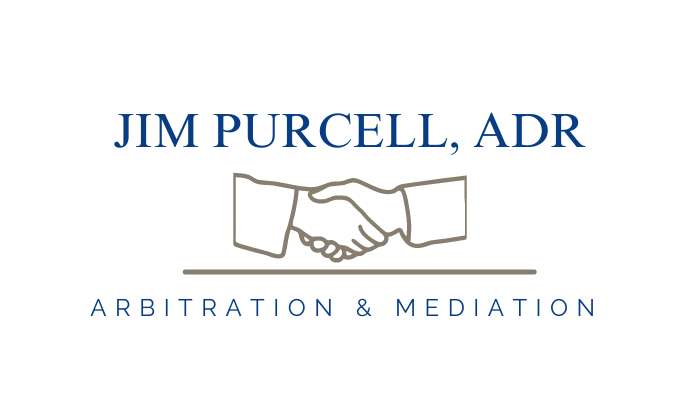While this is addressed primarily to health insurance general counsel, outside counsel have a role as well.
Attorneys and their clients understand most of the more obvious costs of litigation, especially incredibly expensive attorneys’ fees. Other costs include time away from work for depositions and trial preparation, responding to discovery, and the costs of internal resources for retaining and searching for documents. The list goes on.
Yet, in healthcare litigation, it isn’t just about the money.
Because insurers typically have deep pockets to fund litigation, many press that advantage and seek to bludgeon the opposition to death. These scorched earth tactics are usually counterproductive, especially when the lawsuit participants have long standing contractual relationships. In fact, if the provider is a hospital, physician group, laboratory chain, or pharmacy chain, it’s likely that both provider and insurer must continue to do business with each other during and after the litigation.
Credibility and trust are at risk. In healthcare, smooth working relationships are difficult enough to maintain without something as incendiary as a highly publicized, insult trading, lawsuit.
There will be adverse publicity. Health insurers rarely win popularity contests with the public, elected officials, and the media. Regulators tend to hate these disputes. Moreover, a dominant health insurer can appear to be a bully when it uses market share as leverage to “extort” the best possible deal with less formidable healthcare providers.
Public healthcare legal disputes negatively influence other key decision makers. And when insurers lose the PR contest, they risk the following:
-
The insurer’s regulator is forced to take harsh measures.
-
The media whips up public frenzy, which scares patients and insureds, and inundates insurers’ call centers.
-
Business group customers threaten to move their business elsewhere (and no, they don’t appreciate that insurers are trying to keep their costs down).
-
Politicians become outraged, hold press conferences and propose (and sometimes enact) punitive statutory provisions.
-
As an insurer, you are viewed as greedy and not acting in your insureds’ and the public’s interest.
To respond to this type of PR crisis, senior management must employ time and resources to “manage” the crisis. Management is distracted from day to day business. Community confidence in the insurer and the healthcare “system” is eroded which thereby engenders further “reform.”
Insurer employee morale takes a hit. An insurer differentiates itself from its competition in many ways, but none is as important as customer service. For superior service, insurers need motivated employees with high morale. When insurer lawsuits put their employees on the defensive with their family, friends and community, they may no longer be proud to wear that polo shirt with the insurer’s logo.
A Better Way
Healthcare disputes are inevitable. Yet, the best strategy for all parties is avoiding costly, damaging court battles, thus reducing your litigation docket and costs.
“Wins,” while satisfying in the short term, can wreak long-term damage. Precedent and relationships count. Compromising early and inexpensively and maintaining good relationships between parties is key as litigation losses can spread to other similarly worded contracts with other providers.
Carefully consider who to involve in the dispute resolution. Your provider’s contracting people must step back. They have too much at stake, and usually by this time and too emotionally involved. They sometimes carry grudges that they do not reveal.
Offer an Olive Branch
Because providers expect insurers to be arrogant, a kinder approach can become a seed that, if nurtured, results in a quick dispute settlement.
Approach providers with respect and listen openly. Appoint someone (non legal) in senior management to “mentor” the matter who brings a balanced approach and understands that more is at stake than this particular disagreement (if this seems like testosterone suppression, it is).
Time is important. Require that all contracts have ADR clauses requiring mediation without delay. If mediation is unsuccessful, the contract should require arbitration conducted pursuant to the American Arbitration Association Payor Provider Rules (relatively new).
These rules are designed to resolve disputes quickly and less expensively, and are specifically tailored to payor/provider disputes. Both you and your opposing counsel can choose your arbitrator, thus ensuring that he or she has healthcare expertise. Proceedings can be kept confidential.
I would be interested to hear your viewpoints on the above, and on how to achieve better outcomes in payor/provider disputes.

